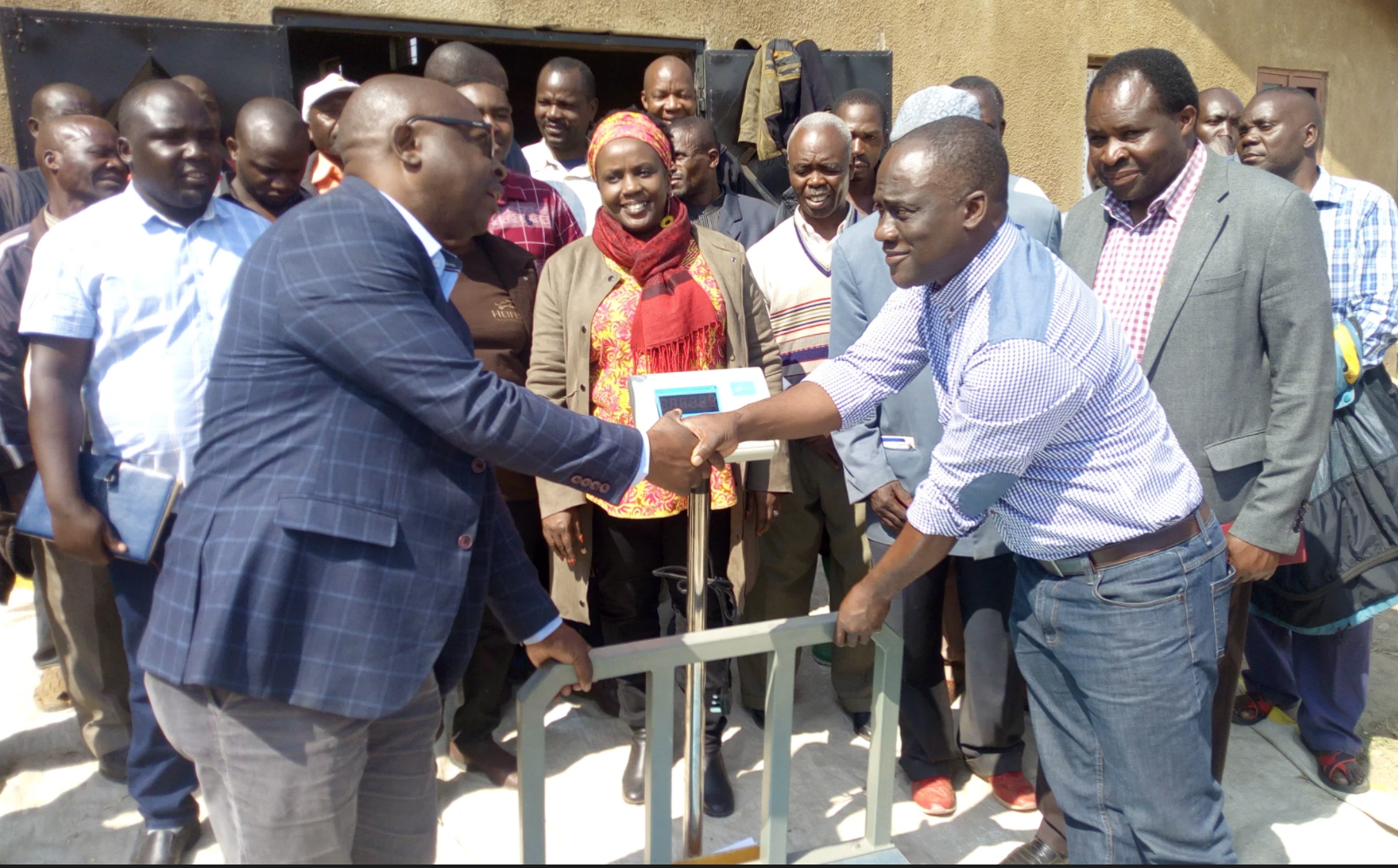Dodoma, Tanzania – Tanzania is poised to transform its agricultural landscape, building on the success of the Southern Agricultural Growth Corridor of Tanzania (SAGCOT) to drive a nationwide green revolution. Through a new Request for Proposal (RFP AGRA-TZ-1030), AGRA, in partnership with the Ministry of Agriculture, the Agricultural Transformation Office (ATO), and international allies like the Royal Norwegian Embassy, invites consulting firms to develop investment-ready Greenprints for three vital agricultural corridors under the Agricultural Growth Corridors of Tanzania (AGCOT) initiative.
A Vision for 2050
Tanzania’s agricultural ambition is bold: quintuple agricultural GDP to $100 billion by 2050, triple key commodity productivity, and double smallholder incomes while eradicating hunger. The AGCOT initiative, inspired by SAGCOT’s multi-stakeholder and sustainability-driven model, is the cornerstone of this vision. It aims to unlock private sector investment, enhance food security, and position Tanzania as a regional breadbasket with over $20 billion in agricultural exports.
Three Corridors, One Goal
The RFP targets three strategic corridors, each with unique agricultural and trade potential:
- Mtwara Corridor: Linking Lindi, Mtwara, and Ruvuma to Mtwara Port and markets in Mozambique and Malawi.
- Central Corridor: Connecting Dar es Salaam to western Tanzania (Dodoma, Singida, Mwanza, and beyond) and neighboring countries like Kenya, Rwanda, and the DRC.
- Northern Corridor: Serving Arusha, Kilimanjaro, Manyara, and Tanga, with access to Kenya and the East African Community market.
Each corridor will receive a tailored Greenprint—a comprehensive roadmap blending economic growth, environmental stewardship, and social inclusivity.
What is a Greenprint?
The Greenprints are actionable blueprints designed to guide sustainable agricultural development. They will include:
- Situational Analysis: Mapping each corridor’s agroecological, economic, and social context.
- Policy Alignment: Integrating with Tanzania’s National Agriculture Master Plan (NAMP) 2050 and global climate commitments.
- Sustainability Measures: Promoting climate-smart agriculture, soil and water conservation, renewable energy, and circular economy practices.
- Investment Strategies: Proposing bankable projects like agro-processing hubs, value chain enhancements, and infrastructure upgrades.
- Inclusivity: Prioritizing smallholder farmers, women, youth, and Indigenous communities through participatory consultations.
Who Can Shape This Future?
AGRA seeks consulting firms with:
- At least 10 years of experience in agricultural investment planning and green growth.
- Proven expertise in value chain analysis, stakeholder engagement, and climate-resilient strategies.
- Familiarity with Tanzania’s agricultural sector and East African markets.
The 90-day assignment will involve field visits, policy reviews, and extensive stakeholder consultations across the Mtwara, Central, and Northern corridors. Deliverables include situational analyses, draft and final Greenprints, and a stakeholder engagement report.
A Global Model in the Making
AGCOT aligns with the Dakar 2 Summit’s vision for food sovereignty and resilience, positioning Tanzania as a leader in sustainable agriculture.
Act Now
Interested firms must submit proposals via AGRA’s Oracle SCM System by the deadline specified in the system. Full details, including evaluation criteria and submission guidelines, are available at AGRA’s Oracle Vendor Portal.
